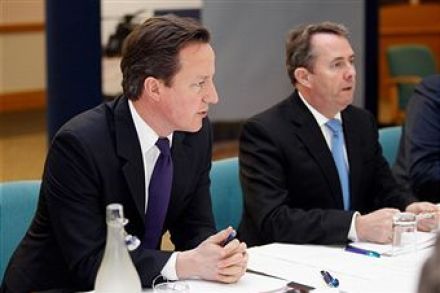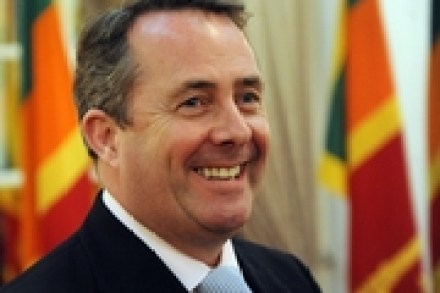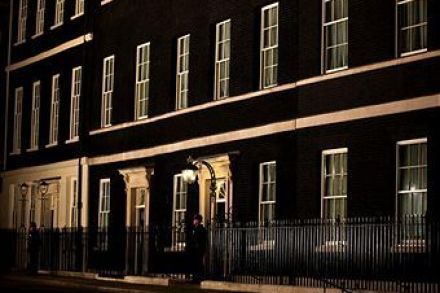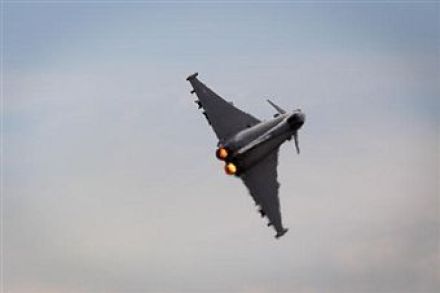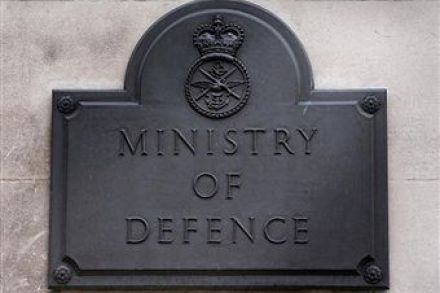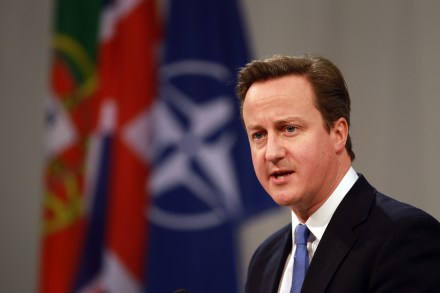Debt as a security concern
Is Britain’s growing national debt a matter of national security? In a speech this morning, Liam Fox said so. Sure, he said, you can protest at the defence cuts — but strength comes from having a strong economy and strong national accounts. “Those who are arguing for a fundamental reassessment of the Defence Review are really arguing for increased defence pending. But they fail to spell out the inevitable result — more borrowing, more tax rises, or more cuts elsewhere. The bottom line is that a strong economy is a national security requirement and an affordable Defence programme is the only responsible way to support our Armed Forces in the long term.” In


